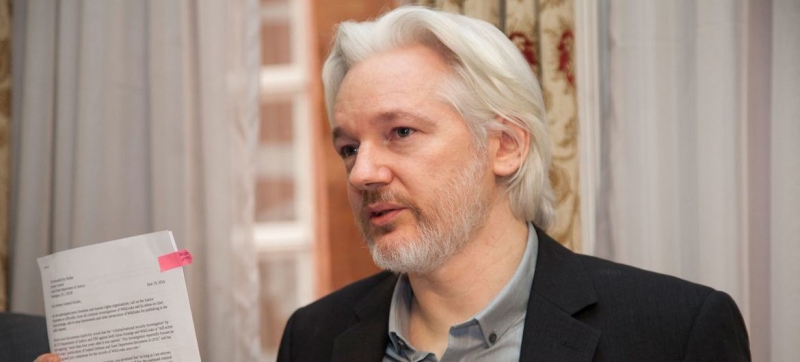
Julian Assange is in custody in the UK. Photo from the archive UN expert on allowing Julian Assange to again challenge the decision to extradite him to the United States in court Human Rights
The decision by the High Court of England and Wales in London to allow WikiLeaks founder Julian Assange to re-challenge an earlier decision to extradite him to the US is welcome positive news, but the case is not yet over. An independent UN expert warned about this on Wednesday.
“I welcome the High Court’s decision to allow the case to proceed in its entirety. This is an extremely complex case, but at its core are issues related to human rights and the values we hold as a society, and the protection afforded to those who disclose potential war crimes,” said Alice Jill Edwards, UN Special Rapporteur on the issue of torture.
The court ruled that the data provided by the US was insufficient and Assange’s appeal could be reconsidered. That is, at this time, he cannot be legally transferred to the United States, where he has been charged with 18 counts, almost all under the Espionage Act of 1917. These charges relate to the allegedly illegal publication of diplomatic cables and other documents through WikiLeaks. Assange and maintaining his physical and mental health.
Read also:
UN Special Rapporteur on Torture calls on UK government to prevent Julian Assange’s extradition to the US
“This protracted legal saga has dealt a heavy blow to Mr Assange’s health. “I hope the relevant governments, including Assange’s home country of Australia, can reach an agreement rather than continue lengthy legal battles,” she said.
Julian Assange faces 18 criminal charges in the US for his alleged role in illegally obtaining and disclosing classified documents related to national defense. He has been in custody in the United Kingdom since 2019 and is currently being held at Belmarsh Prison.
The Special Rapporteur on Torture will continue to monitor the case closely, it says in the expert’s statement.
UN Special Rapporteurs are not UN employees and do not receive salaries from the organization for their work. They are appointed by the UN Human Rights Council as independent experts.
